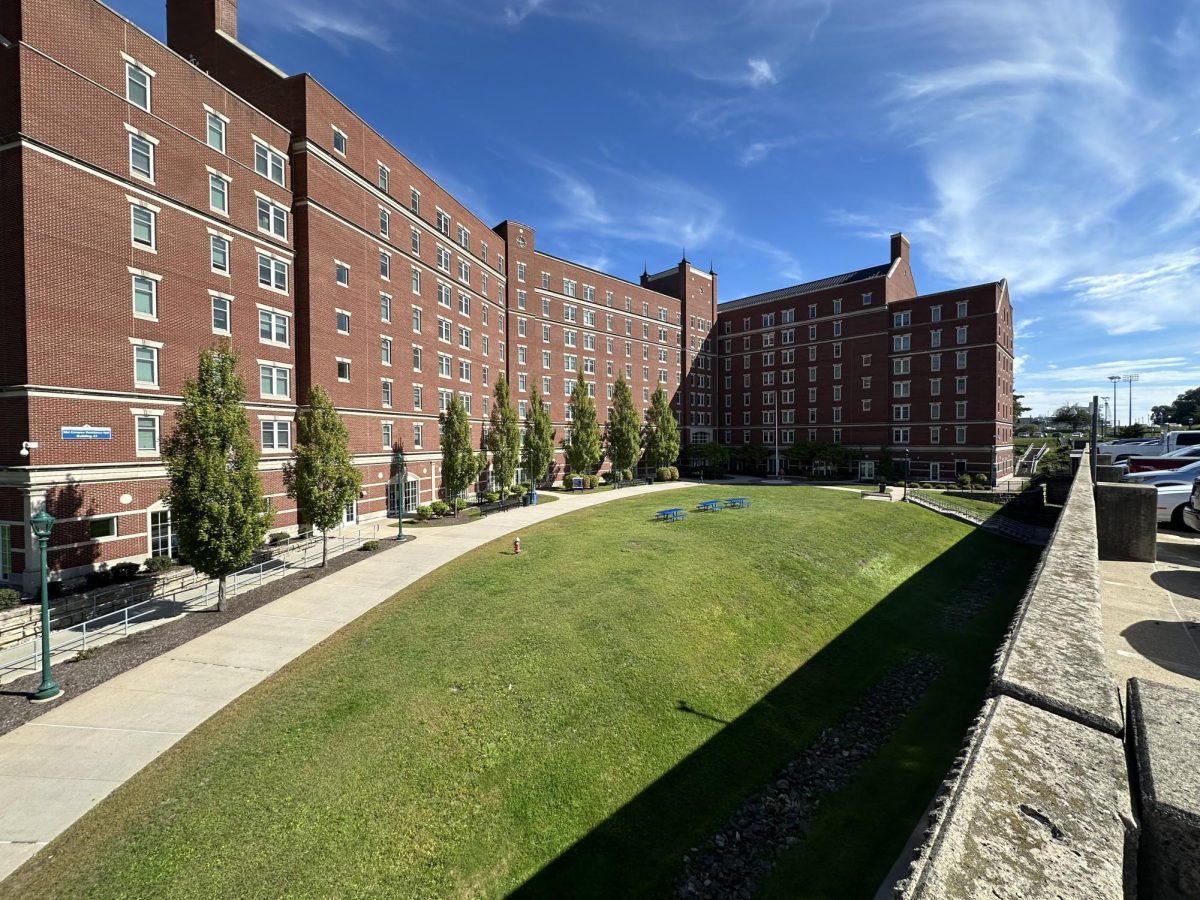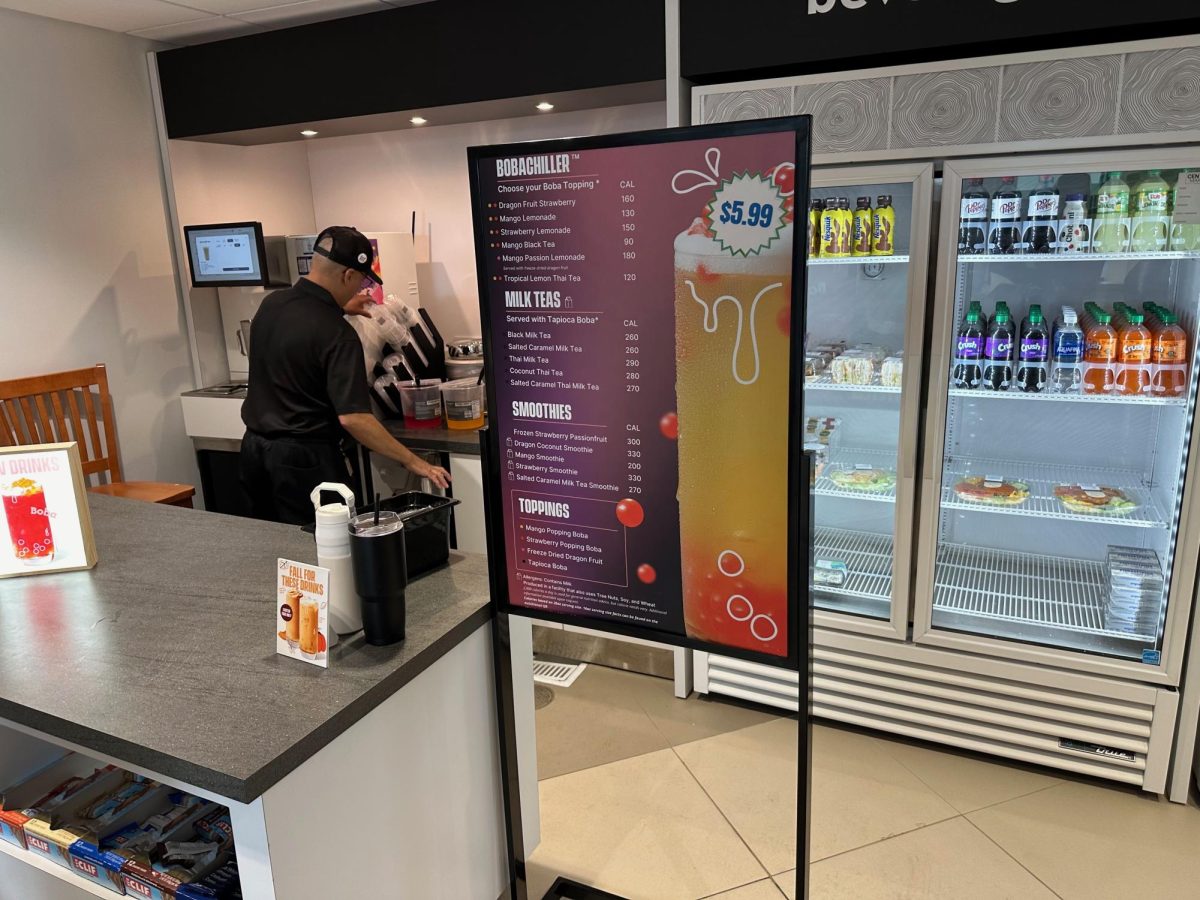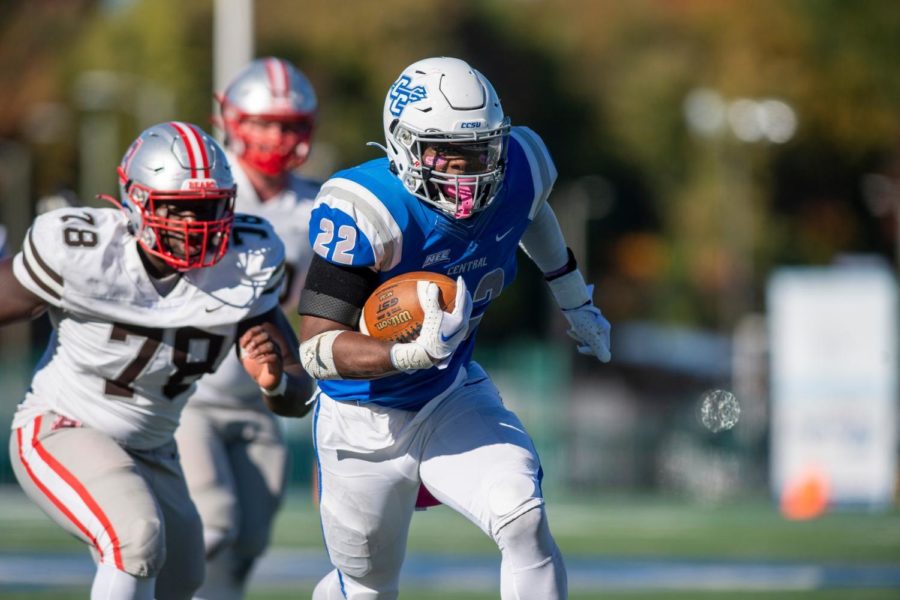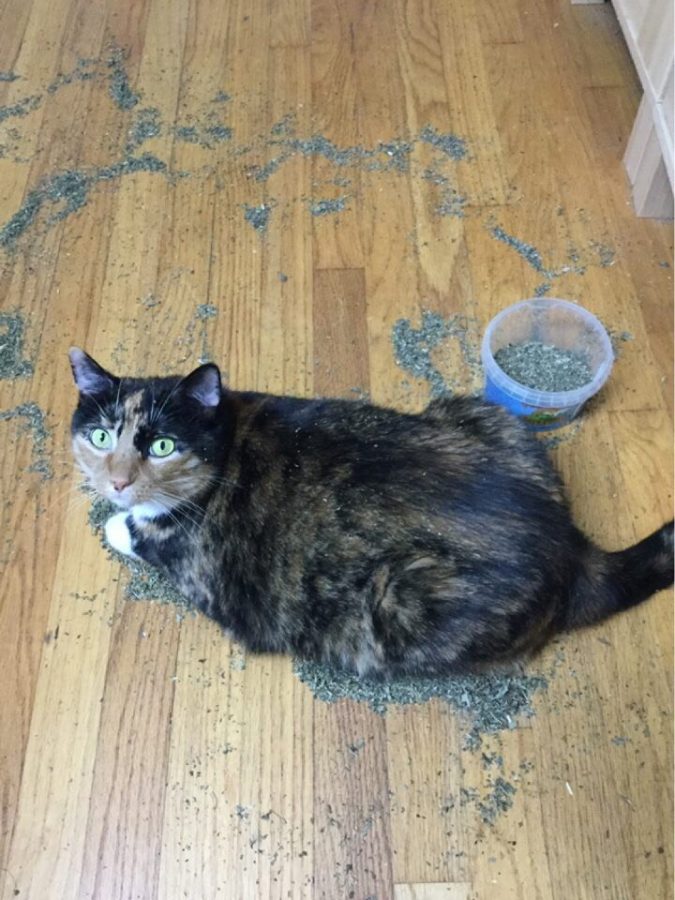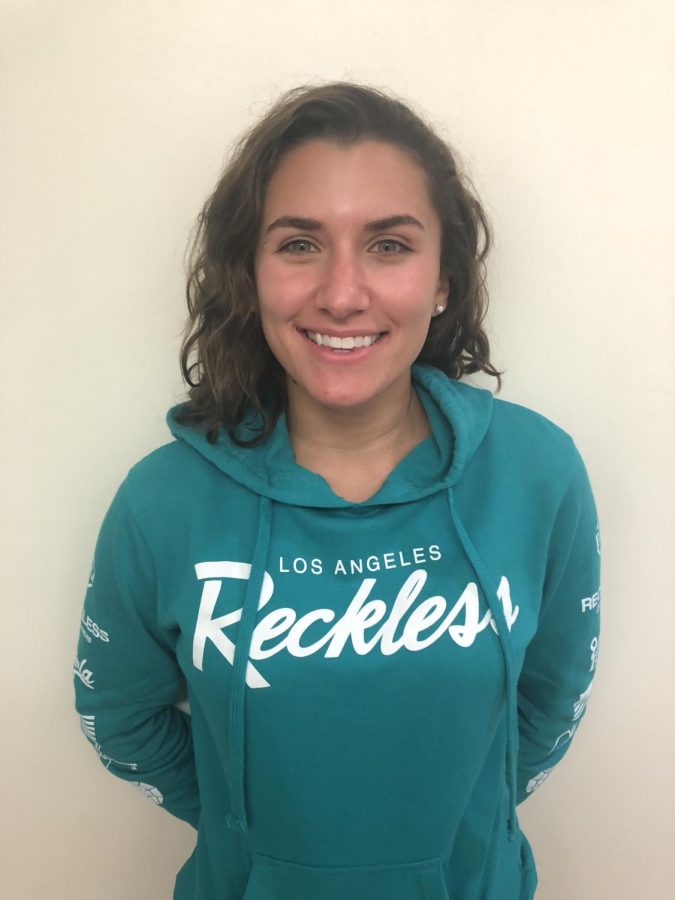by Nicholas Leahey
Imagine living in a foreign country, whose way of life and language is completely different from your own. How do you learn about their culture? How do you communicate with them?
For a group of 12 Japanese students studying in the intensive English language program at Central Connecticut, this is the situation they face.
As part of an agreement between CCSU and Kansai Gdynia University located in Osaka, Japan, each academic year students from both universities visit the other, as part of an exchange program run by the Center for International Education (CIE).
The students visiting this year, who range in age from 18 to 21 years old, arrived in late August, and will remain until the end of the semester.
“I have been enjoying the time since I have been here,” said Moeka Sato, a junior, in broken English. She, like many others mentioned how they were surprised by the hospitality they have found many Americans have.
Many of the students who arrived from Kansai Gdynia University knew very little English when they first arrived; thus many of them were placed into the intensive English language program, spread between levels one through three.
“We have five levels of English, starting from the very beginning,” said adjunct Professor Susan Reid. “Some students have zero English when they come, while in level five they are considered quite fluent.” Reid herself teaches levels one through three.
Coincidentally, the placement works to the students’ advantage, most of whom are English majors, with the exception of one who is studying International Relations.
Despite the language barrier faced, most students are actively involved on campus with various clubs including the Japanese-American Cultural Club, Dance Club and Soccer Club. Their experiences helped the students to adjust to life at CCSU while also learning more about American culture outside the classroom.
“Because they are part-time students, they can’t do activities that are only open to full-time students,” said Reid.
Some of the students have said that while they have become accustomed to many changes, some of them took them by surprise when they first arrived in the United States.
“Everything is so much bigger,” said Yuya Ukita, a sophomore, pointing out specifically that things such as cars and food portions tend to be the most noticeable.
Students also mentioned how Japanese food made in the United States is not the same as in Japan, saying American-Japanese food is “spicier,” and that American sushi is not the same. One student mentioned they noticed this when she went with a group of Japanese students to visit Walt Disney World in Orlando, Florida during Thanksgiving break.
“The rice here in America is terrible,” said Mai Harada, and explained it as being “too salty.”
Many students from Kansai Gdynia University indicated they would like to return to the United States, but to other places. Cities such as New York and Los Angeles were specifically mentioned by many students.
“I like it here,” said Sato. “The people are so friendly.”
The intensive English language program teaches English for academic purposes, which does not require students to be enrolled full-time in the university or to take university courses. If students already have a proficiency in the language, they can take the Test of English as a Foreign Language (TOEFL) exam. Undergraduate students need to obtain a score of 500 in order to meet the requirement.
“Students can apply directly to the English language program also without ever applying to a university,” said Reid.
Currently, the CCSU CIE is studying how many foreign students who attend the university take English classes due to a lack in their fluency to speak the language. In addition, CIE is also studying how many students remain at CCSU after they go through the intensive English language program, given that many students enroll in the program with the hopes of applying to a university or college in the United States.
“Many students apply to other universities while they’re here,” said Reid. ‘’But obviously we want them to stay and apply to CCSU.”
Categories:
Asian Transfers Have an American Experience at CCSU
December 7, 2015
0
More to Discover

